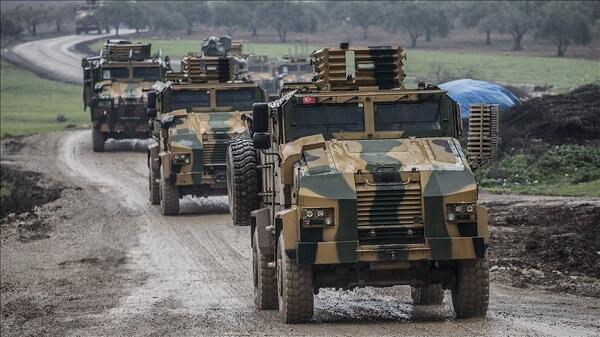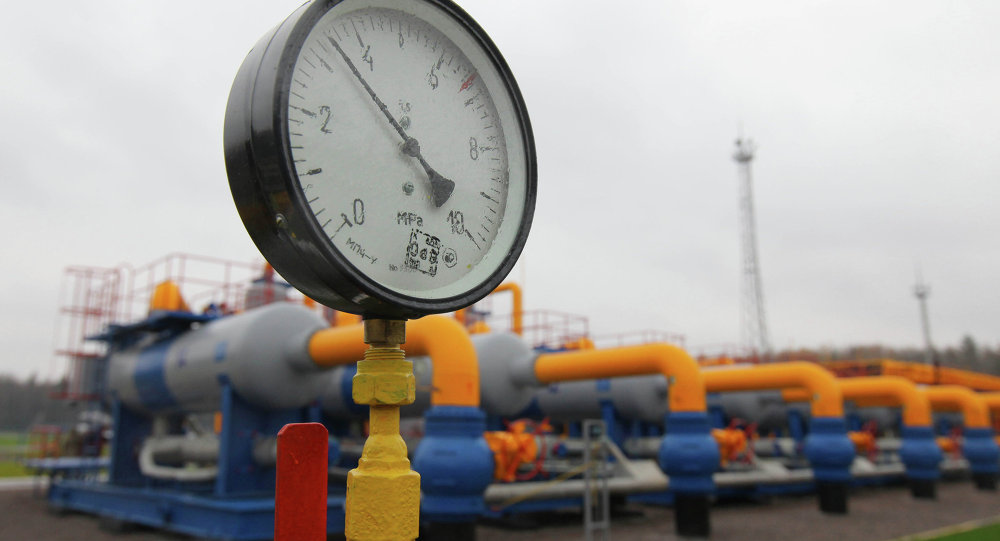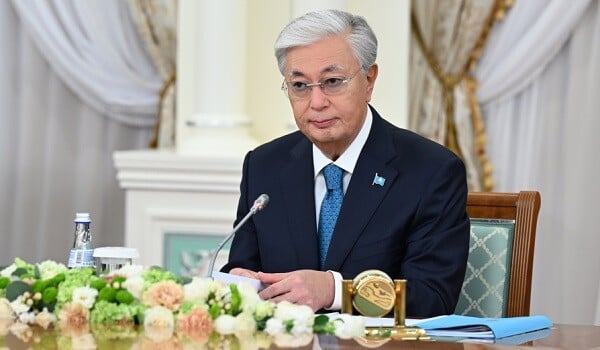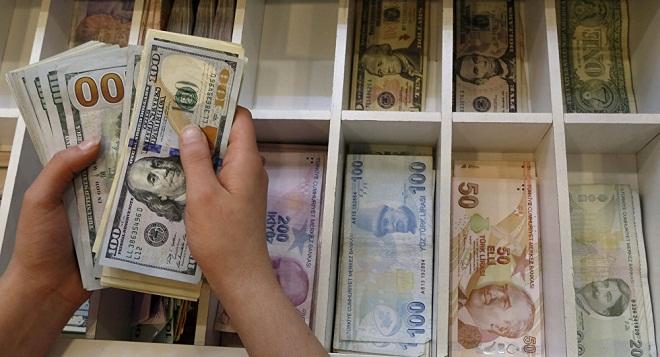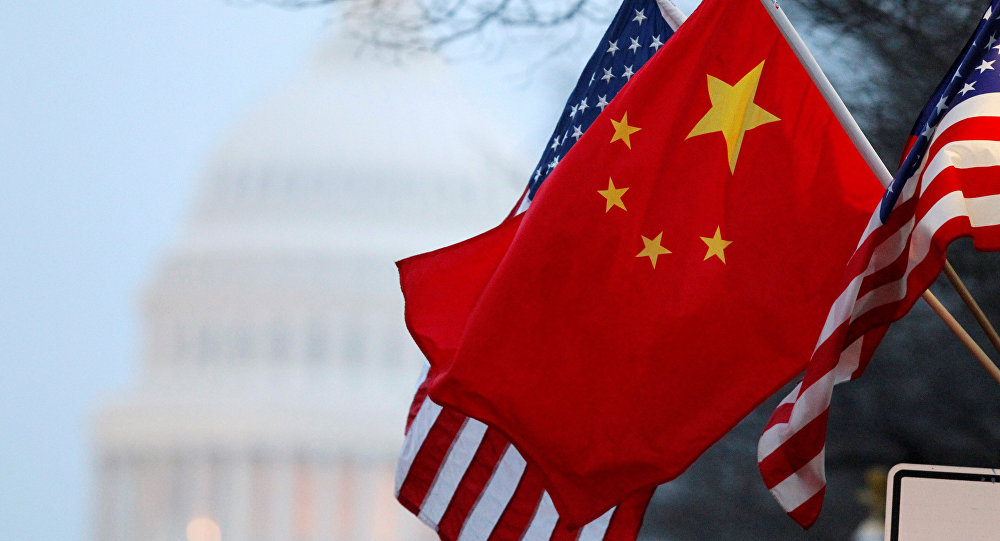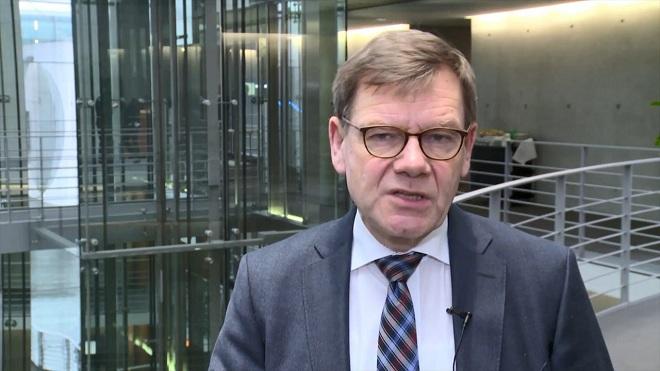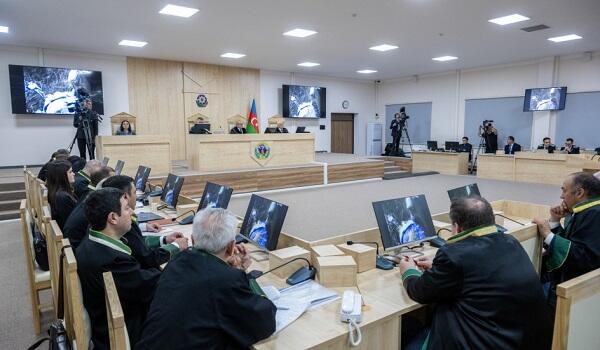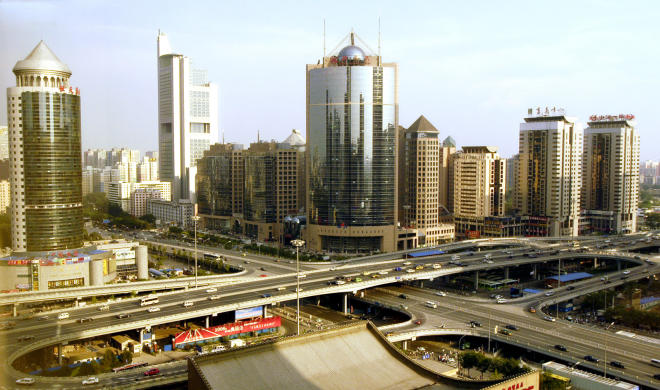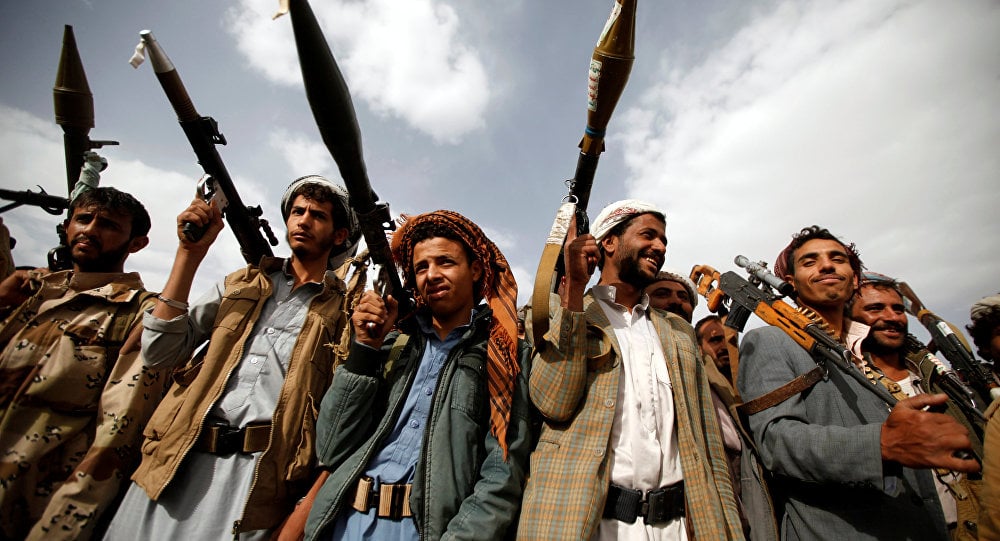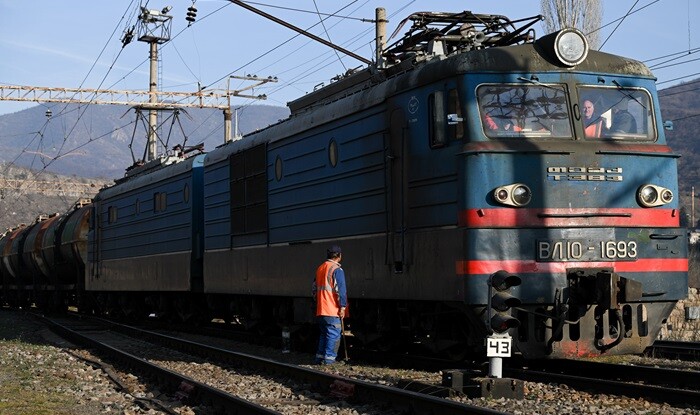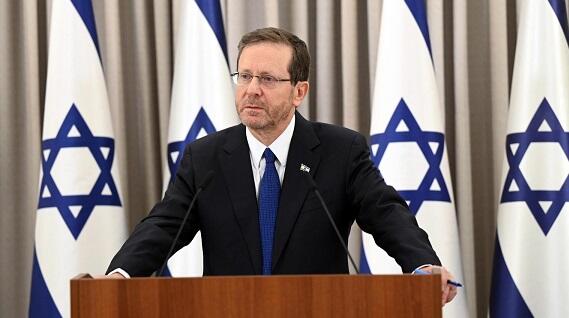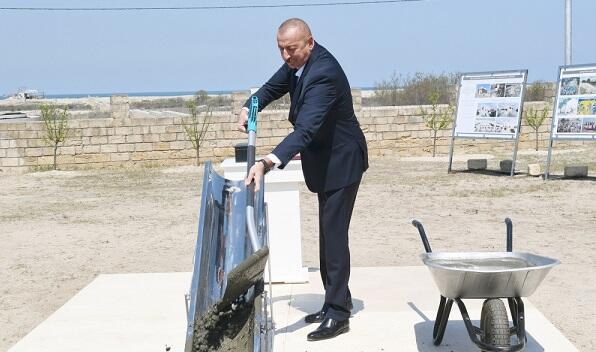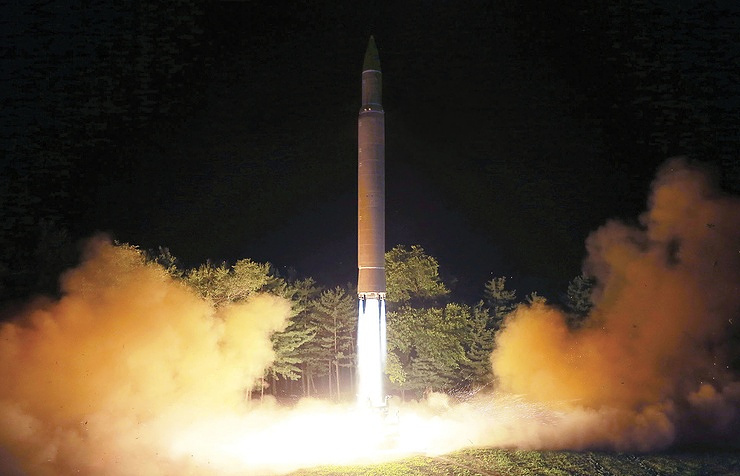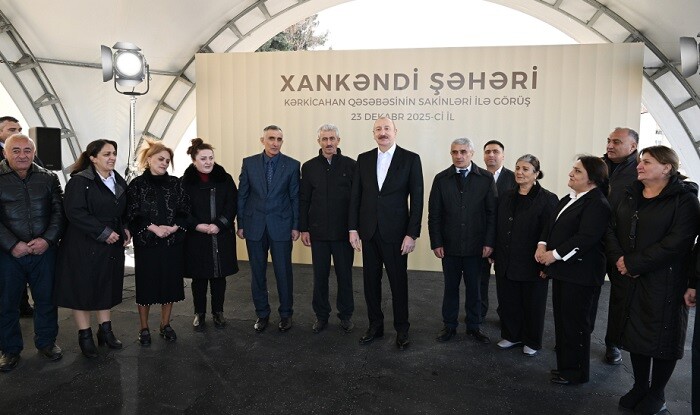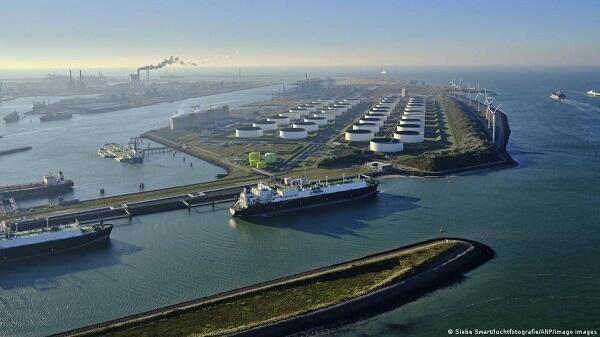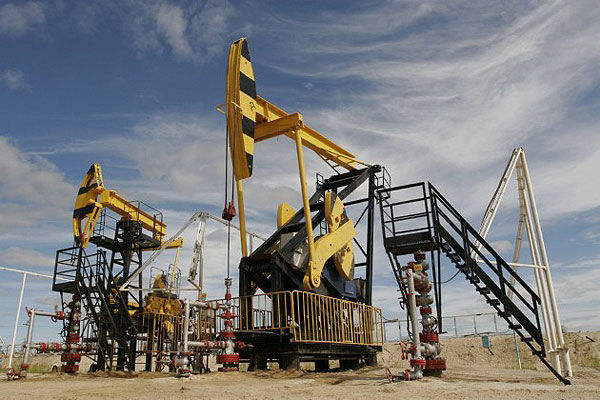The oil price has ignored rising geopolitical tensions in the Middle East, as a three-year old crude surplus has wiped out any real fear over supply, but one of the world's largest security consultants says there are red flags the market cannot ignore.
Axar.az reports citing Reuters.
Bahrain, Saudi Arabia, Egypt, the United Arab Emirates and several other countries cut ties with Qatar on Monday, accusing it of supporting Islamist militants and their arch-enemy Iran - charges Doha says are baseless.
In Tehran, Islamic militants attacked the Iranian Parliament on Wednesday, killing at least 13 in an assault that Iran's Revolutionary Guards blamed on regional rival Saudi Arabia.
Around a third of the roughly 97 million barrels per day of oil that the world needs comes from the Middle East and yet as tensions have flared, the price has fallen to its lowest in a month, to below $49 a barrel LCOc1.
Qatar is the world's largest producer of liquefied natural gas, but one of the smallest members of the Organization of the Petroleum Exporting Countries, which on May 25 agreed with 11 of its rivals to extend an oil supply cut of 1.8 million barrels per day into 2018 to try to drain a multi-billion barrel global overhang of unused crude.
Control Risks, a security consultancy covering issues ranging from advice for its clients on regional politics to resolving kidnappings, says it has increased its assessment of operational and political risk in Qatar.
"Qatar stopping flow of gas ... to the UAE would be a significant escalation in the conflict and, at that point, I would start to get concerned," Allison Wood, a consultant for Control Risks, said.
"Obviously if you see Saudi troops mobilizing and heading toward to the Saudi/Qatari border that is another point of concern. Those are the two potential red flags that I'd be looking at."
Volatility, a measure of investor nervousness in the oil market LCOATMIV, has risen from January's two-year lows, but at around 30 percent, is still half what it was in January 2016, when Saudi Arabia cut ties with Iran when its embassy in Tehran was stormed over Riyadh's execution of a Shi'ite Muslim cleric.
"In 15 years, I've never known a time when regional tensions in the Middle East were absent in the oil price in the way that they are today," said Investec portfolio manager Tom Nelson, who helps manage a part of the company's $114 billion in assets.
"The view is really that the oil market is oversupplied and will remain oversupplied for a long time," he said, adding that he believed global inventories would gradually start to drop over the second half of this year.
